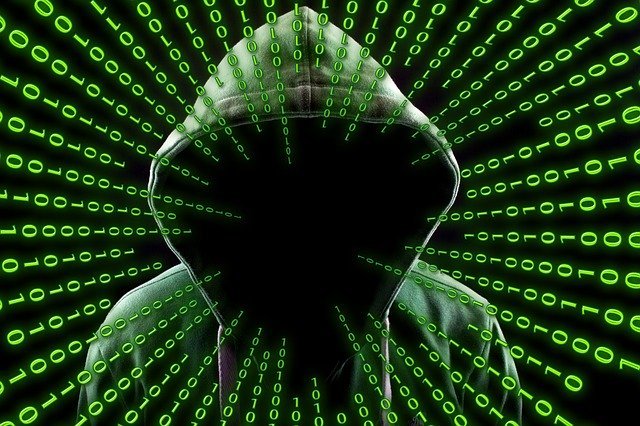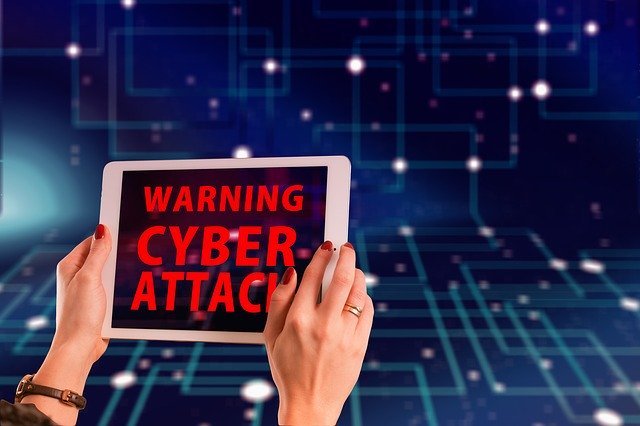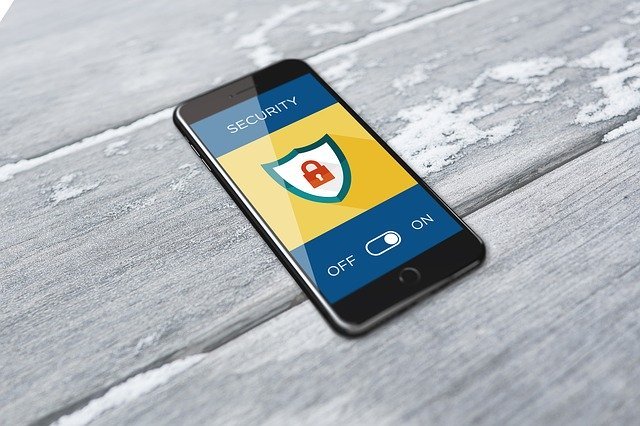The COVID-19 pandemic has spread not only as a respiratory virus around the world, but as other invisible yet powerful agents: the uncertainty about the future, and the increasing necessity of protecting our cyber data.
For the first disruptive agent, we have no other answer than the one that will come with the passing of time. However, regarding the second issue, which is to protect our electronic devices, we can do something tangible: install antivirus software in order to preserve our identity and financial safety. If you want to learn more about a suitable antivirus software click here.
Let’s face it: Today, amid coronavirus pandemic, our lives have been reduced to the confines of our electronic devices: from children who receive online classes, through relatives or friends who meet virtually with a glass of wine in hand and a split-screen encouraging each other to overcome this forced lockdown, to the top executives and company directors; they all use apps such as Zoom, Microsoft Teams or Google Hangouts Meet, as an attempt to keep their lives, jobs, and businesses running.
The Dark Side Of The Technology
The new normal is that we expose our privacy in detail: what we eat, where we live, what our houses look like, who we share our space with; and even though new technologies revolving around us have indisputable benefits such as stimulating creativity and making us feel that we are part of a conglomerate, being aware of the risks of this high exposure is a healthy practice and becomes crucial if we want to go through this journey and come out of this self-isolation unscathed.
What Risks Are We Facing?
Cyber crimes have been around for a long time, but as technology advances for noble and edifying purposes, cybercriminals use increasingly sophisticated methods to steal sensitive information from the cybernauts. Some of the threats that we face are:
- The most popular of the video conferencing services, Zoom, has come across serious criticism about its vulnerability in protecting its users from hackers.
- Pishing: It is one of the most used attempts to obtain personal and financial information (passwords, usernames, bank account data and credit card numbers) through emails, texts messages or even phone calls pretending to be from reputed entities.
- Spam: It is the equivalent of the junk mail that we receive in our mailbox. It is also called unsolicited mail, mostly related to advertising.
- Scams: These are fraudulent websites that offer false products or services to obtain funds or data.
- Malware: It is malicious software that infiltrates an information system without the consent of its owner with the aim of damaging it. Some examples are worms, trojan horse, spyware, adware, and rootkits.
Some companies give importance to the cybersecurity and may be using the resources available to train their employees to detect cyber threats. However, this knowledge and practice should be extended to the devices that we use at home since, after all, that is where we are spending most of our time.
Risks Beyond The Virtual World
Showing the latest state-of-the-art TV they bought; the artwork hanging on the walls; what the front of the house looks like; when and where they will travel, is a common practice for influencers and ordinary people on social media. What seems to be a harmless activity might be nurturing the database of criminals planning to break into homes.
What Can We Do To Protect Ourselves
It is possible to receive emails saying that we won the lottery with a ticket that we never bought; or that a wealthy philanthropist who we never met, bequeathed a huge fortune to us. Unpleasant videos might show up in the middle of a business video conference, because cybercrime sometimes manages to bypass content filters programs, but there are some golden rules that we need to follow in order to minimize the risks associated with cyberattacks:
- Have an updated operating system.
- Install an updated antivirus.
- Avoid downloading files of a dubious reputation or clicking on suspicious links.
- Do not deliver personal data such as bank account or credit card numbers through email.
- Be aware and updated about video calling providers. If one of them lowers its guard regarding security, try another that offers a better balance between functionality and protection for users.
In conclusion, technology can be a great ally or a hidden enemy depending on how alert we are and how many precautions we take. We have to try our best to use the resources that technology itself offers to protect what is more valuable for us.



